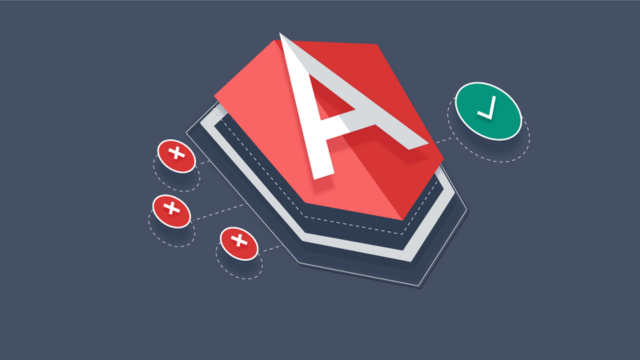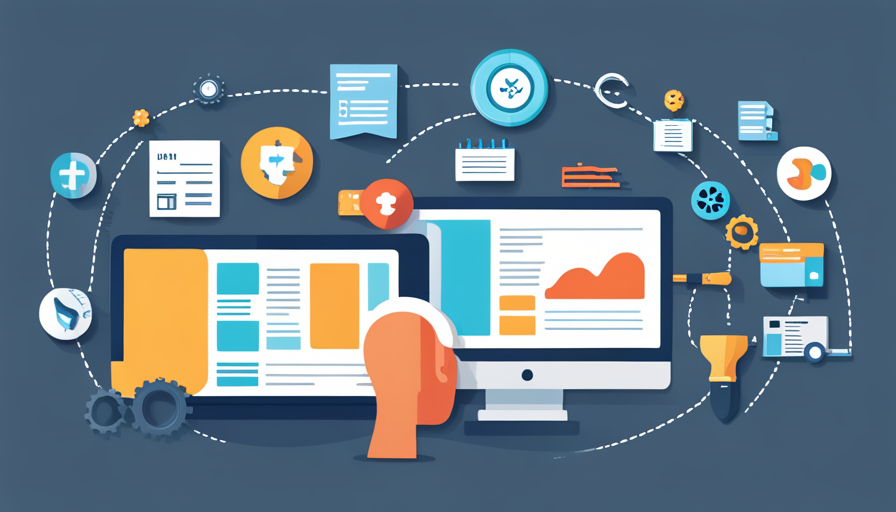A Comprehensive Introduction To DataOps

In today’s data-driven world, organisations are generating vast amounts of data at an unprecedented rate. To extract valuable insights and drive business success, it is crucial to efficiently manage and process this data.
Enter DataOps, a methodology that combines data engineering, DevOps practices, and agile principles to streamline data operations. A DataOps platform enables faster and more reliable data analytics.
In this blog post, we’ll delve into the world of DataOps, exploring its core principles and benefits.
While only really a feature of data functions in recent years, consent management has become a major talking point around GDPR compliance and other general data protection regulations. It’s also become the public’s most visible interface with data operations at intertrust.com.
Understanding DataOps
DataOps is a collaborative approach that aims to enhance the flow, quality, and availability of data across an organisation.
It encompasses a set of practices and tools designed to align data operations with the needs of data consumers, such as data scientists, analysts, and business stakeholders.
By integrating data engineering, data integration, data quality, and data governance in IT environments, DataOps ensures a well-orchestrated and scalable data pipeline from ingestion to insights.
Key Principles of DataOps
Collaboration and Communication
- DataOps emphasises cross-functional collaboration and communication among teams involved in data management.
- This includes data engineers, data scientists, analysts, IT operations, and business stakeholders.
- Frequent interactions and shared ownership of data initiatives foster a culture of collaboration and drive innovation.
Automation and Continuous Integration
- DataOps leverages automation tools and techniques to streamline data workflows and eliminate manual, error-prone processes.
- Continuous integration and deployment practices borrowed from DevOps ensure that changes to data pipelines are implemented seamlessly and reliably.
Agility and Iterative Development
- Agile methodologies are central to DataOps solutions, enabling teams to quickly address the changing requirements and deliver incremental value.
- By breaking down data projects into smaller, manageable tasks and iterations, organisations can iterate rapidly, validate hypotheses, and adjust their data initiatives accordingly.
Monitoring and Feedback Loops
- DataOps promotes the establishment of robust monitoring and feedback mechanisms to track data quality, performance, and reliability.
- Real-time monitoring alerts and feedback loops allow teams to identify and rectify issues promptly, ensuring data pipelines are optimised for efficiency and accuracy.
Benefits of DataOps
Implementing DataOps can yield several benefits for organisations, including:
- Improved Data Quality: By integrating data quality checks and validation into the data pipeline, DataOps ensures that the data consumed by analysts and data scientists is accurate, consistent, and trustworthy. This leads to more reliable insights and better-informed decision-making.
- Faster Time to Insights: DataOps technologies enable faster data provisioning, processing, and analytics. Automation and parallel processing techniques reduce the time required to prepare data for analysis, resulting in quicker time for insights and improved agility.
- Enhanced Collaboration: With DataOps, data teams collaborate more closely, breaking down silos and fostering a culture of shared ownership. This collaboration leads to increased efficiency, knowledge sharing, and innovative solutions.
- Scalability and Flexibility: DataOps provides a scalable framework for data management, enabling organisations to handle increasing volumes and varieties of data. By adopting agile practices, teams can adapt quickly to changing business needs and prioritise critical data initiatives.
Conclusion
DataOps is a transformative approach to data management that empowers organisations to extract meaningful insights from their data assets.
By embracing collaboration, automation, agility, and a data-centric culture through a DataOps platform, you can establish robust data pipelines and deliver reliable, timely insights to drive business success.






